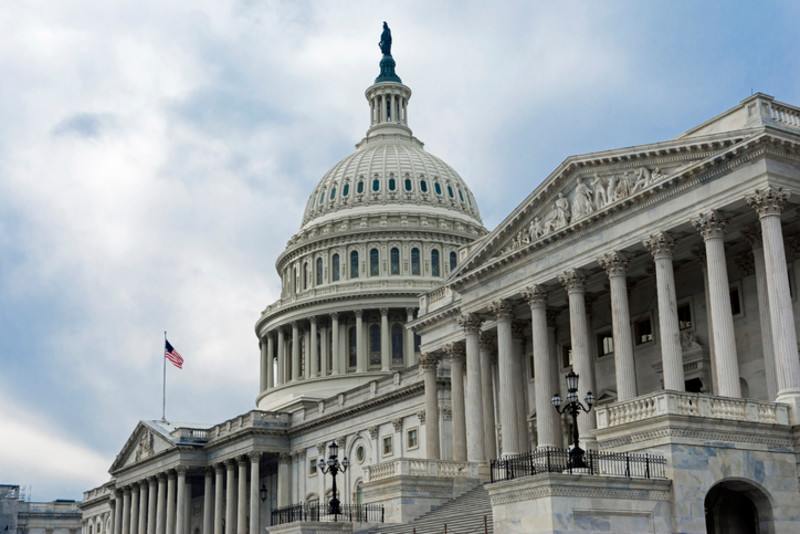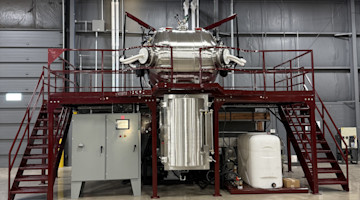The 118th Congress begins with a Republican-controlled House under new leadership in both parties. On the GOP side. Rep. Kevin McCarthy (R-CA) will serve as the 55th speaker of the house and Rep. Steve Scalise (LA) as majority leader. They will have their hands full reigning in a vocal minority in their caucus that drove the speakership election through a grueling 15 rounds of voting.
For the Democrats, Rep. Hakeem Jeffries (NY) assumes the role of minority leader, and Rep. Katherine Clark is minority whip. Both have big shoes to fill and must learn the ropes as they navigate being in the minority and dealing with their vocal caucus members. Both parties' leaders have vowed to work across party aisles to get work done. In the Senate, the leadership and party control remain the same. Majority-minority margins are still very tight. Here too, cooperation and compromise will be critical to governing. Unfortunately, the days of partisan divide are not behind us. While members say they will work together, a presidential election is on the horizon. Parties will take every opportunity to highlight their differences. One of Congress's most essential tasks will be to develop an FY2024 budget. The last order of business before the 117th Congress adjourned was the bipartisan FY23 omnibus bill that funds the government through September 30, 2023. President Biden signed it into law last December 28. The package includes the following:
$1.8 billion for meeting the CHIPS and Science Act's goals of doubling science and technology funding by 2027,
billions directed toward improving infrastructure, including bridges and federal highways,
nearly $3.5 billion for energy efficiency and renewable energy R&D initiatives, including hydrogen and vehicle technologies, marine, wind, and solar energy,
a 32% funding increase for NIST, and
the highest dollar increase ever for the National Science Foundation.
While the increased focus on infrastructure, science, and technology is good news, manufacturers can also expect increased regulatory oversight, particularly from the Environmental Protection Agency. The EPA receives more than $10 billion in funding for FY23, including $72 million for compliance programs, $32 million for clean air programs, $33 million for clean water programs, and a $20 million increase for toxic chemicals.
Will the funding and oversight be preserved in the FY24 package? Republican members are eager to rein in spending and push back against excessive regulation. They also want to make their mark on trade, as does the administration. It should be more apparent in the weeks ahead if division or compromise will rule the Hill.





